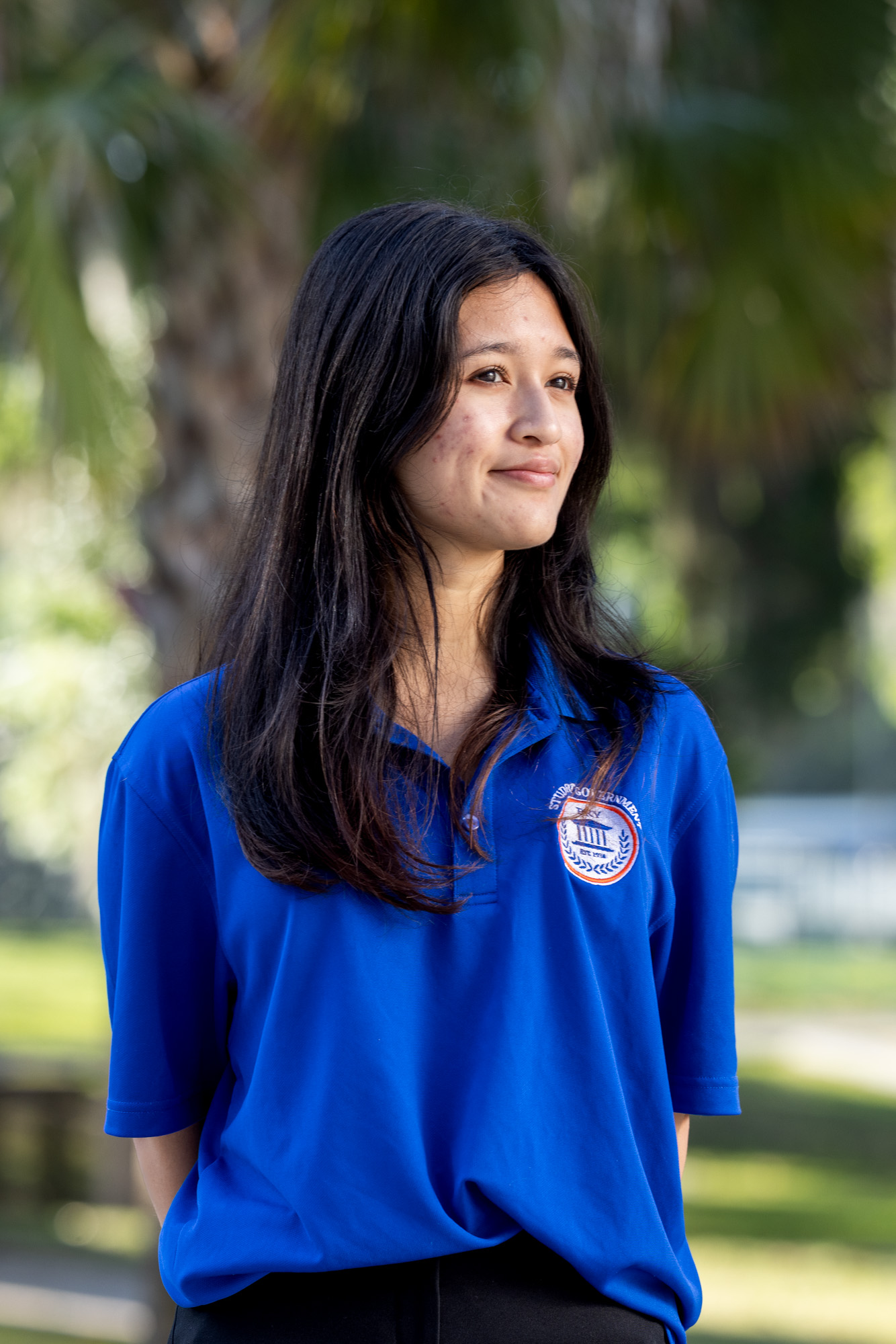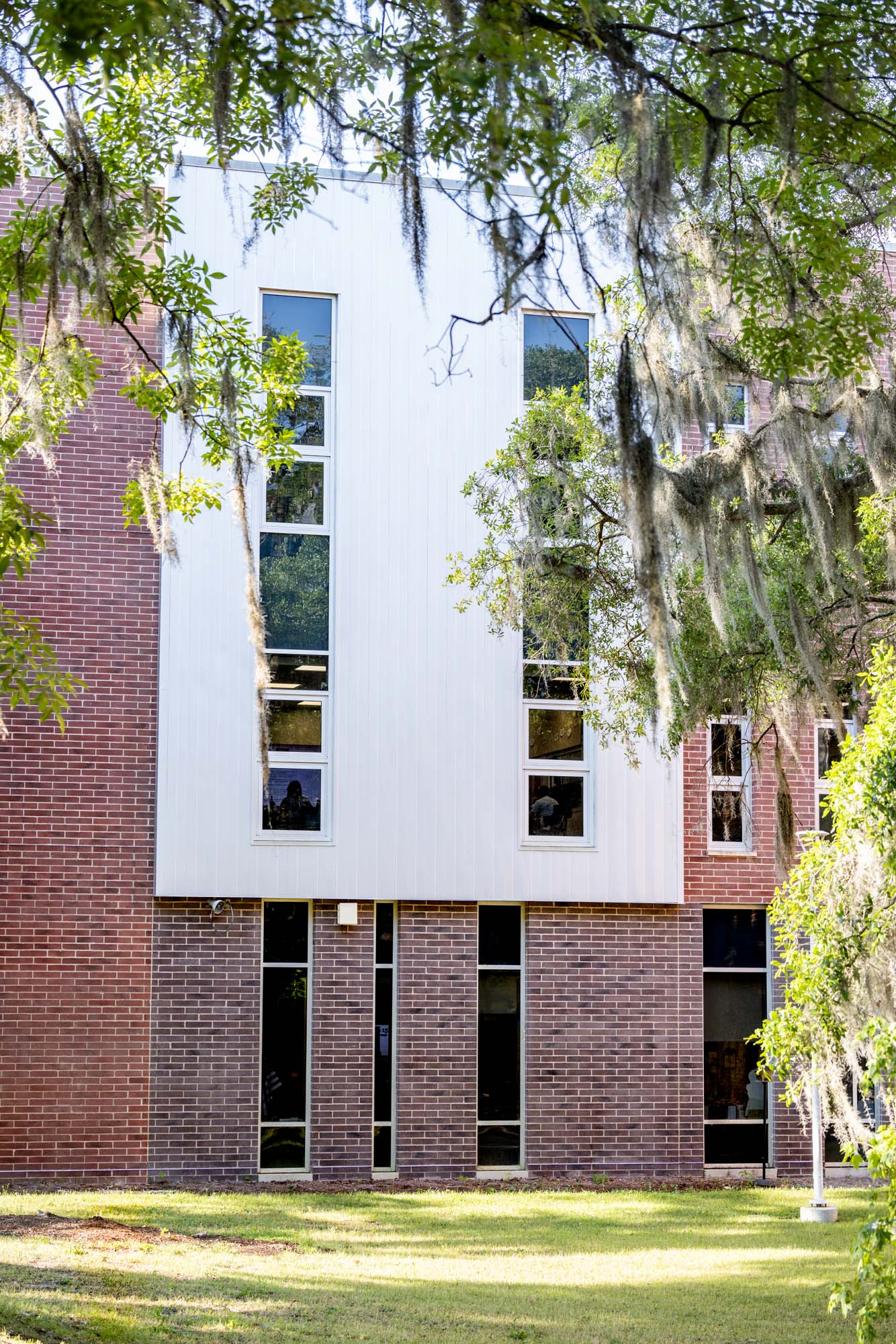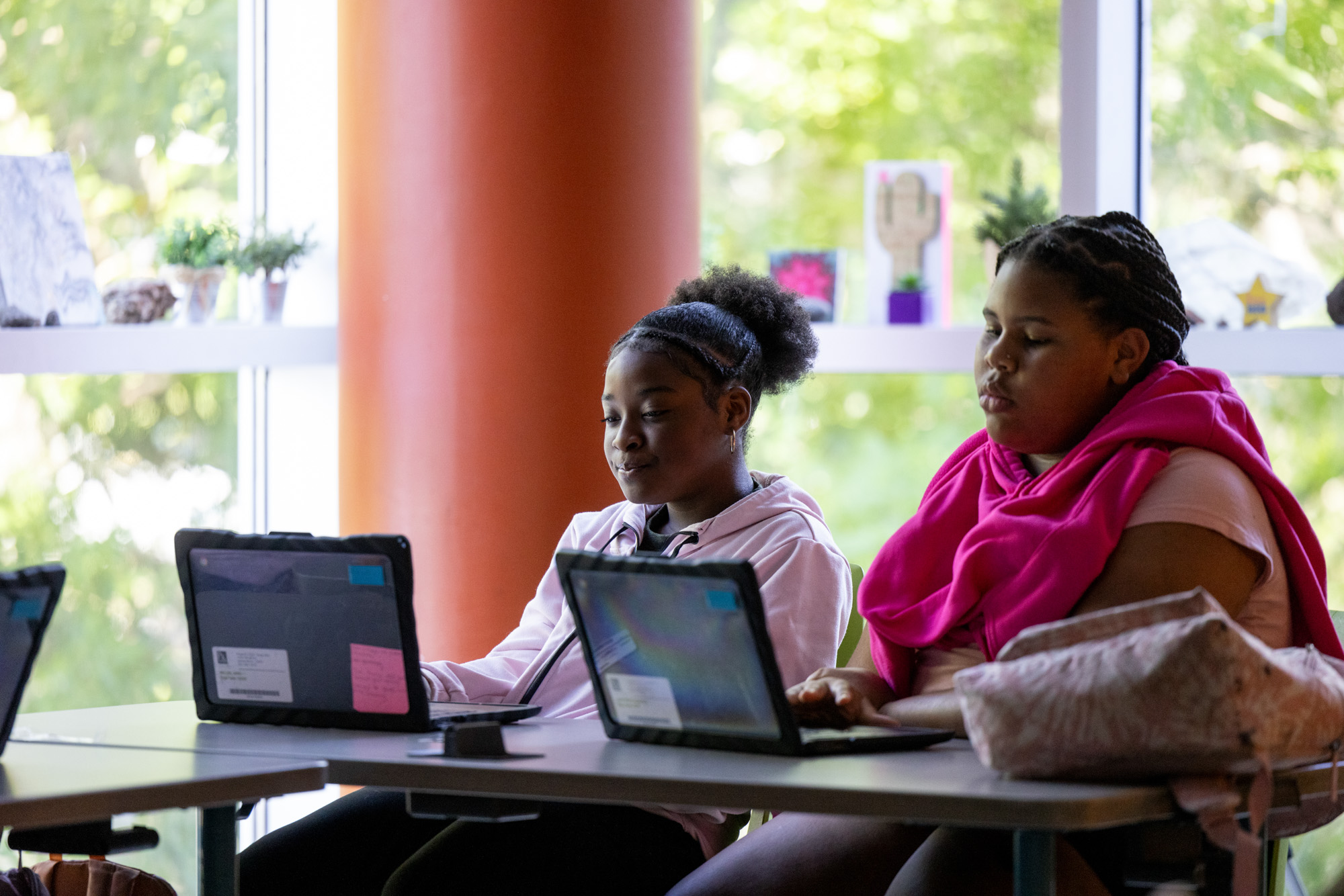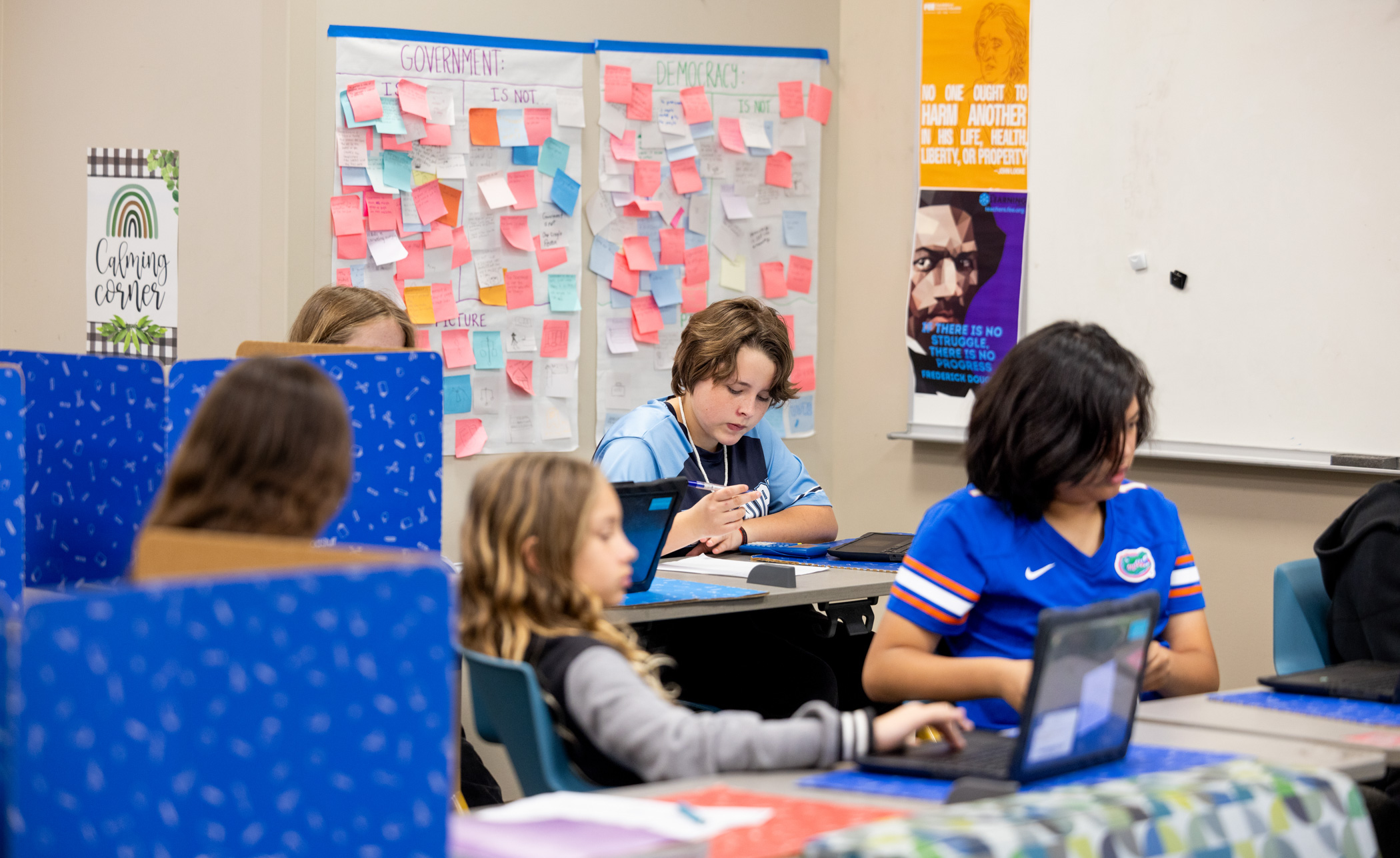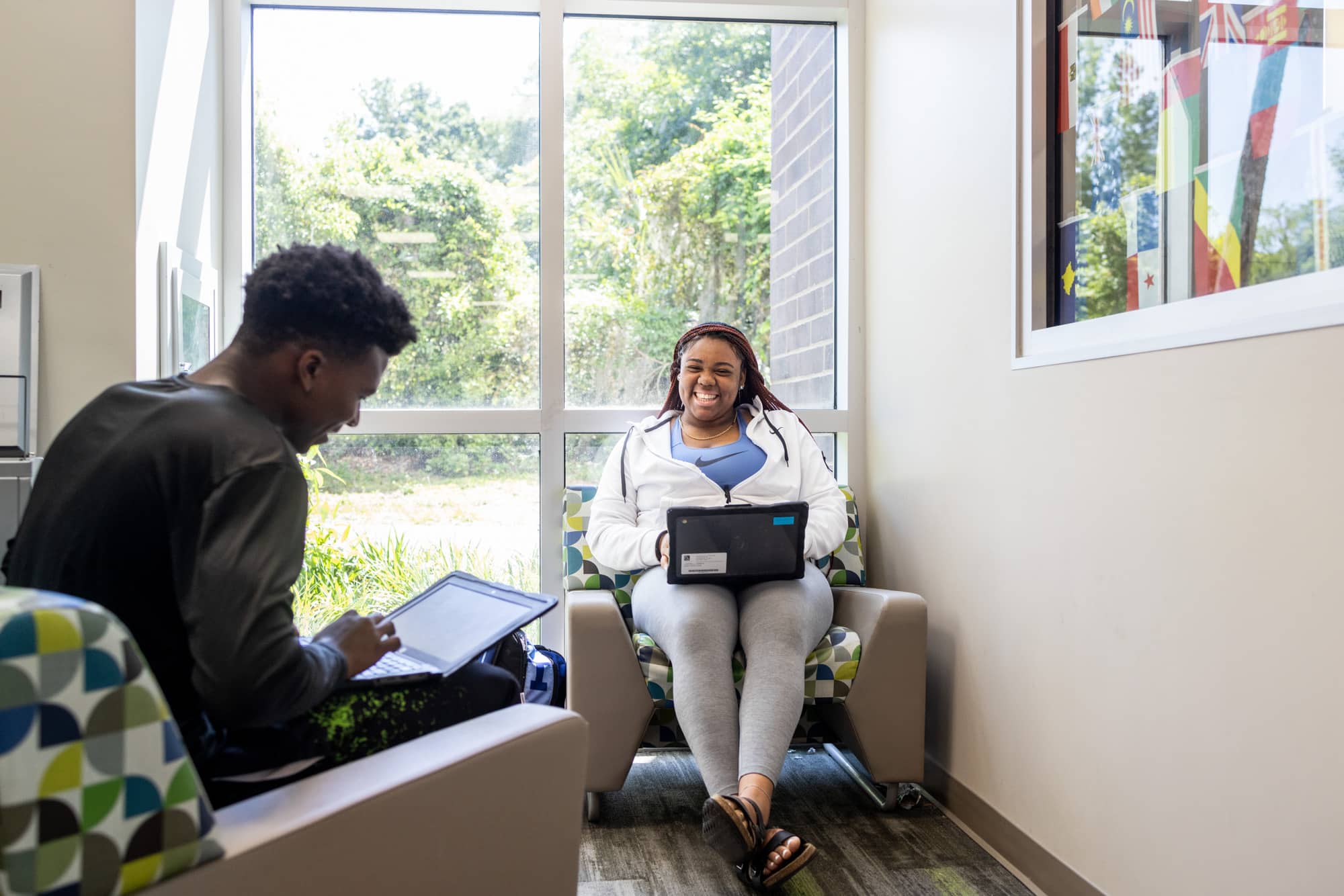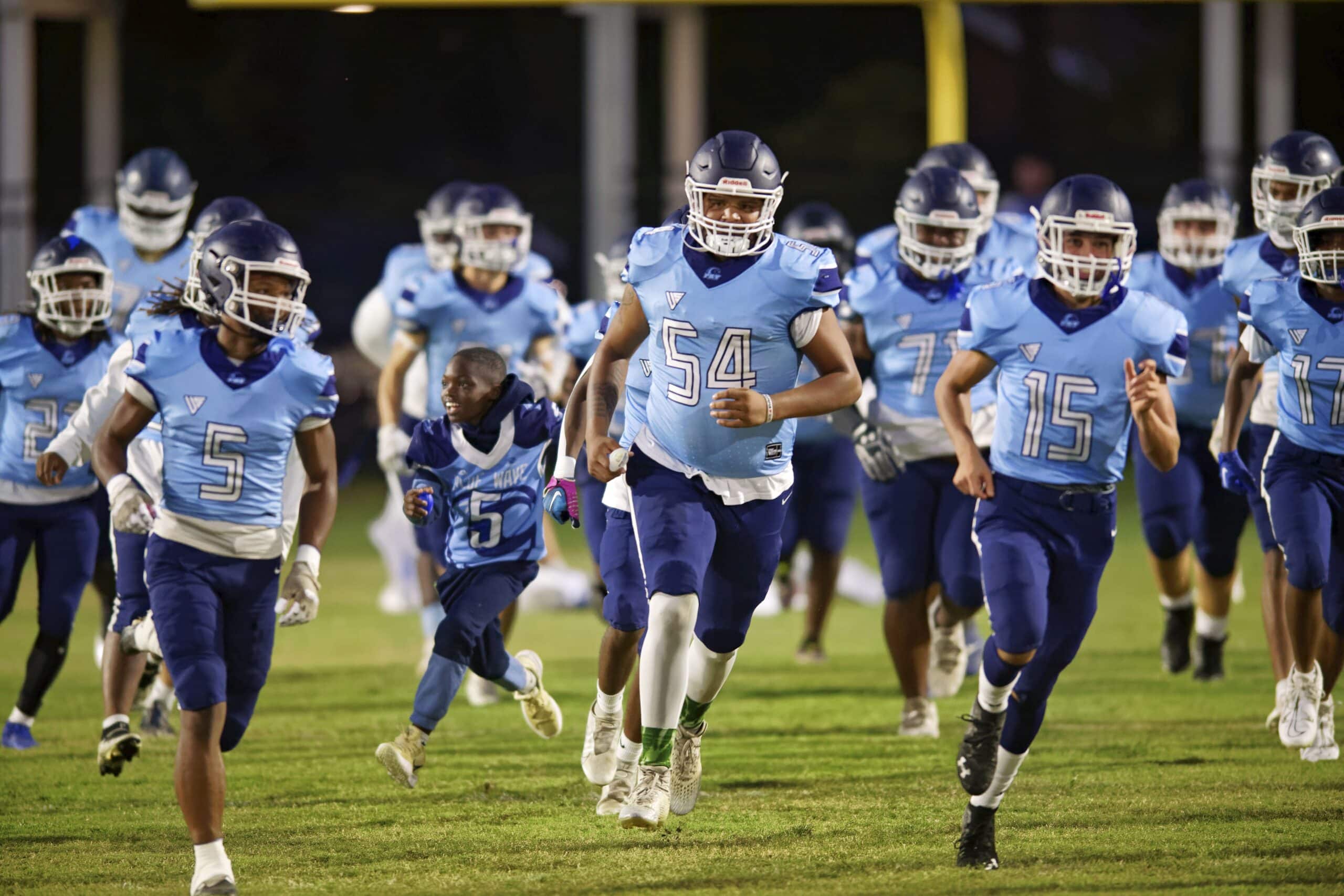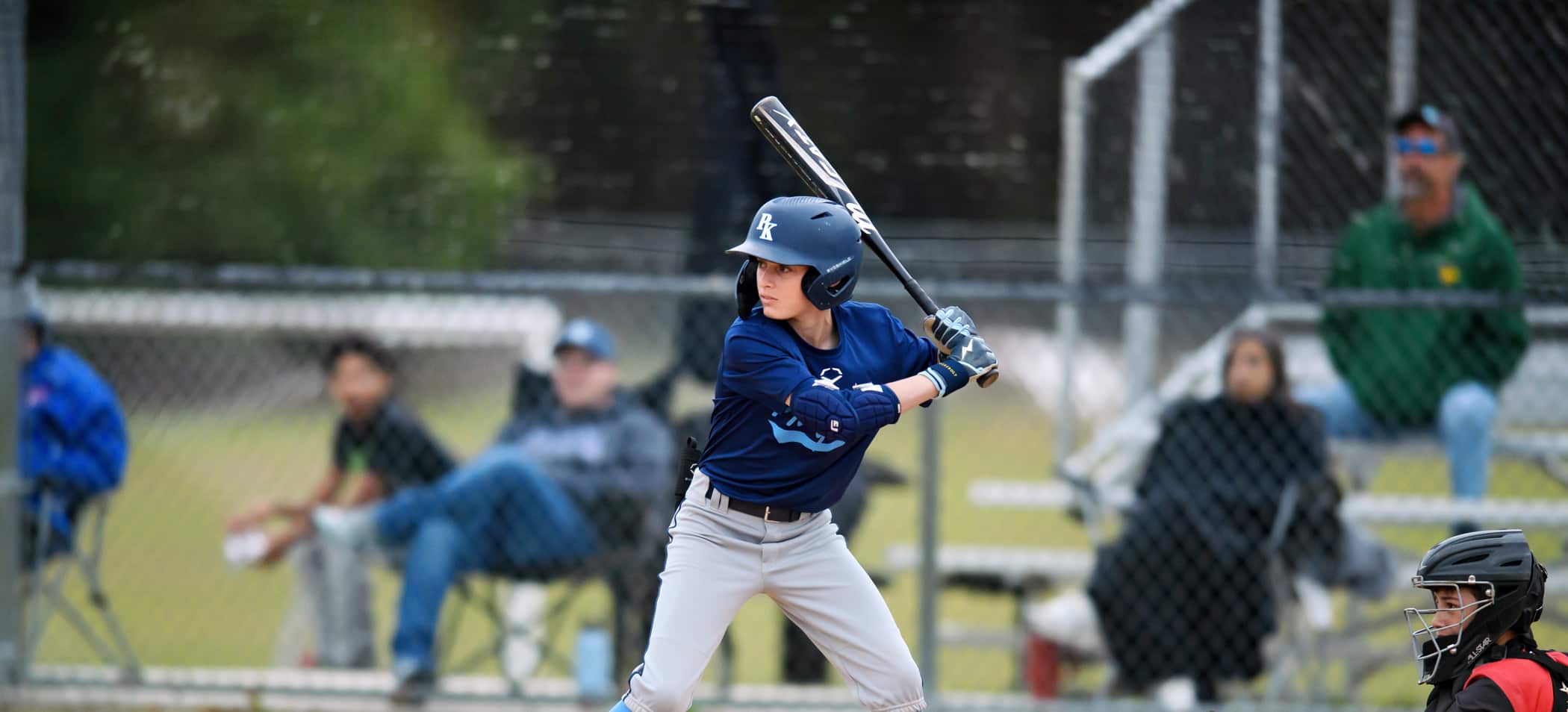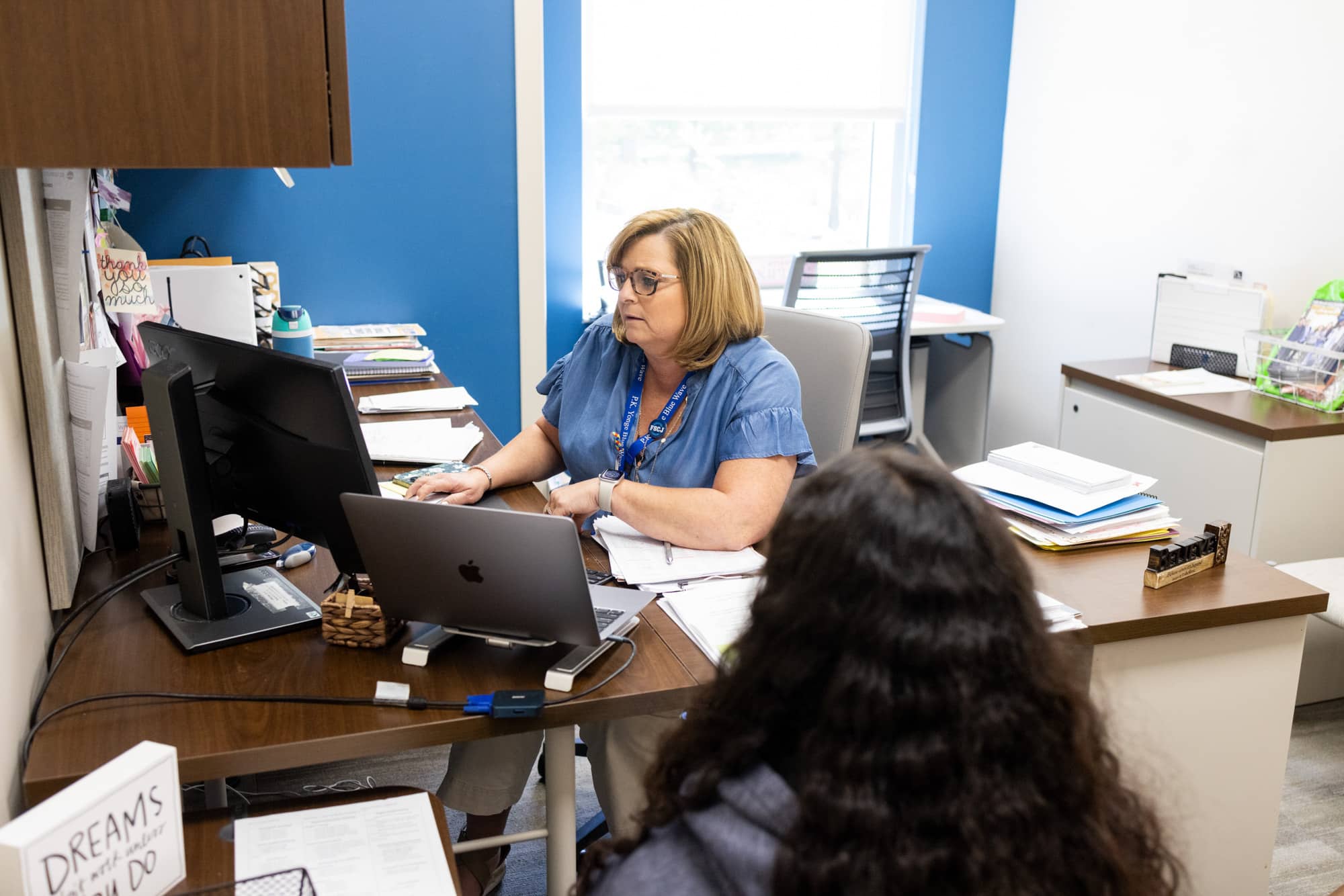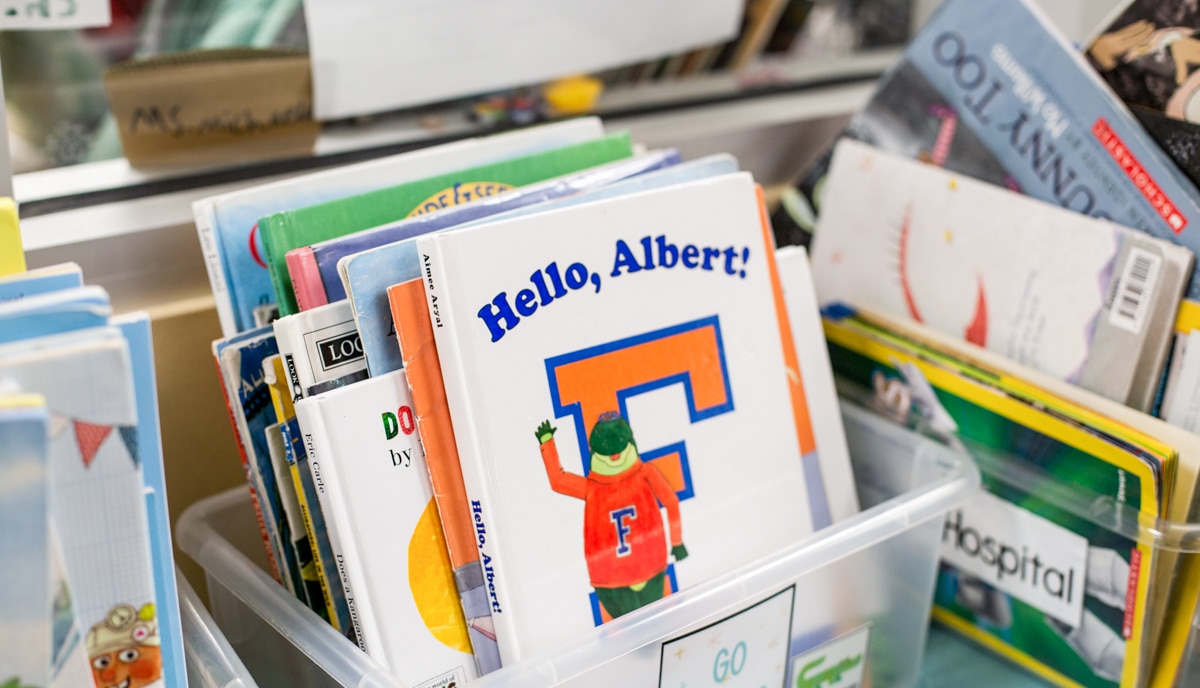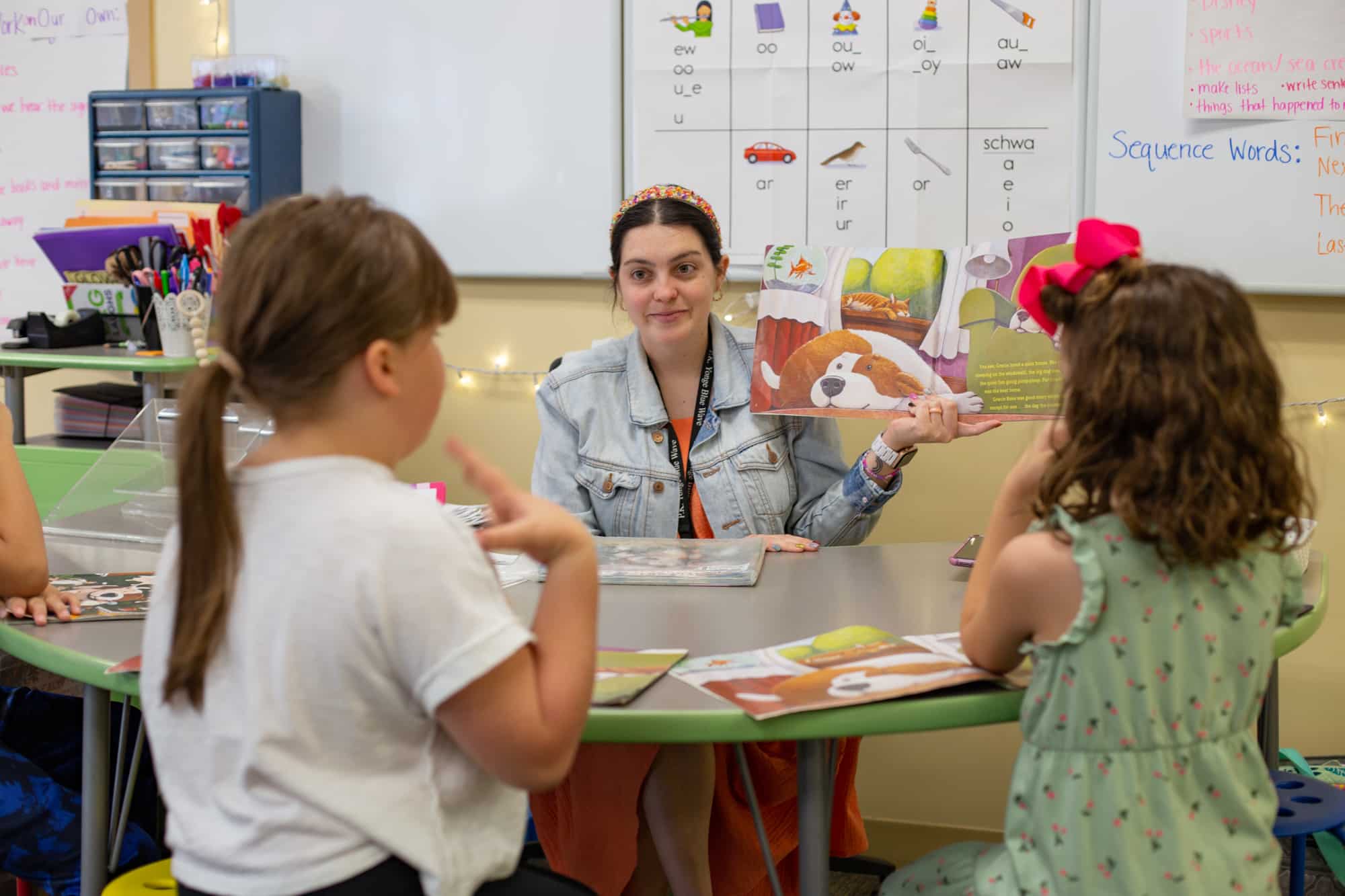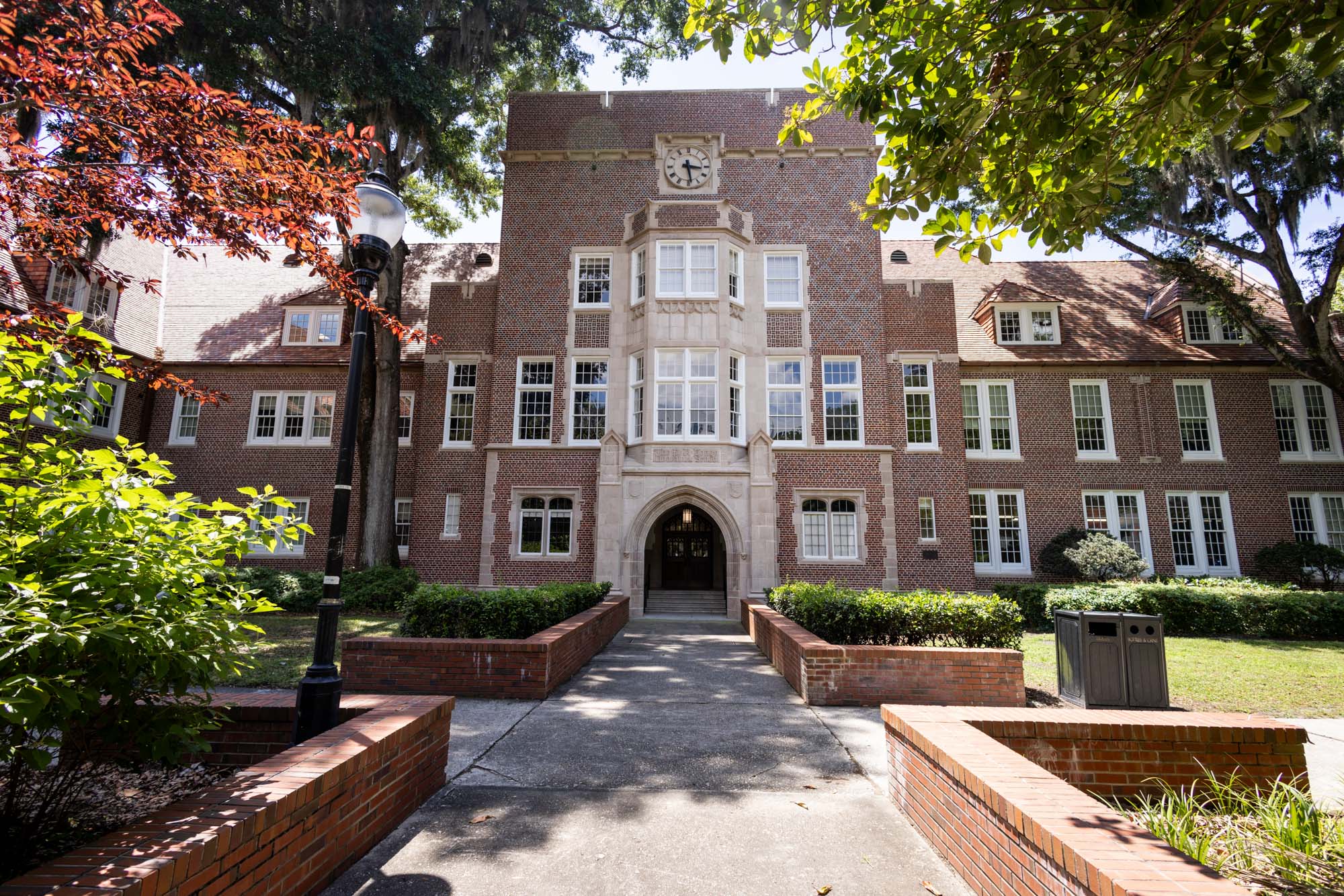Health Education provides students with the knowledge and skills they need to be healthy throughout their lifetime. The intent of a comprehensive health education program is to motivate students to maintain and improve their health, prevent disease, and avoid or reduce health related risk behaviors, Florida State Statute 1003.42 (2)(n) – Required Instruction.
As part of the P.K. Yonge K-12 Comprehensive Health Education Program, the required Reproductive Health and Disease Prevention Education curriculum provides accurate, age-appropriate information about disease awareness and prevention and the benefits of abstinence. The curriculum also incorporates information about healthy relationships and communication skills. Students are also reminded about counseling services provided within the school district. Any student whose parent makes written request to the school principal shall be exempted from the teaching of reproductive health and disease, including HIV/AIDS, its symptoms, development, and treatment. A student so exempted may not be penalized by reason of that exemption. For more information about Comprehensive Health Education and related state statutes on required instruction, choose from the following Florida Department of Education websites:

